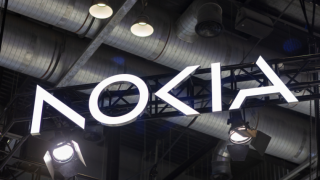Though the Department of Justice (DoJ) doesn’t identify the particular platforms, the action is widely seen to be targeting Google, Apple, Facebook and Amazon – the so-called GAFA squad of leading providers.
“If violations of law are identified, the Department will proceed appropriately to seek redress,” said a statement from the DoJ yesterday.
Assistant attorney general Makan Delrahim (pictured) of the DoJ’s antitrust division, said: “Without the discipline of meaningful market-based competition, digital platforms may act in ways that are not responsive to consumer demands. … The department’s antitrust review will explore these important issues.”
The statement said the DoJ “is reviewing whether and how market-leading online platforms have achieved market power and are engaging in practices that have reduced competition, stifled innovation, or otherwise harmed consumers”.
It cited “widespread concerns that consumers, businesses and entrepreneurs have expressed about search, social media, and some retail services online”.
The DoJ, which gave no timescale for the investigation, said it “will be seeking information from the public, including industry participants who have direct insight into competition in online platforms”.
The investigation follows expression of widespread concern by a number of politicians – from both US parties – and others.
Another US department, the Federal Trade Commission, is already expected to fine Facebook $5 billion for its handling of personal data in the Cambridge Analytica scandal. Facebook’s recent plan to launch its own cryptocurrency did not go down well with US politicians.
But it is rare for such cases to lead to strong action in the technology world, where authorities have seen a growing concentration of power into fewer hands – not just GAFA but also Microsoft.
The last major example was Judge Harold Greene, who presided over a case called the United States versus AT&T in the early 1980s. Greene’s decision in 1982 was to split AT&T into seven regional operating companies – such as BellSouth and Nynex – and one long-distance operator, which retained the AT&T name.
However since 2000 these have all re-consolidated into two huge operators, AT&T and Verizon.






